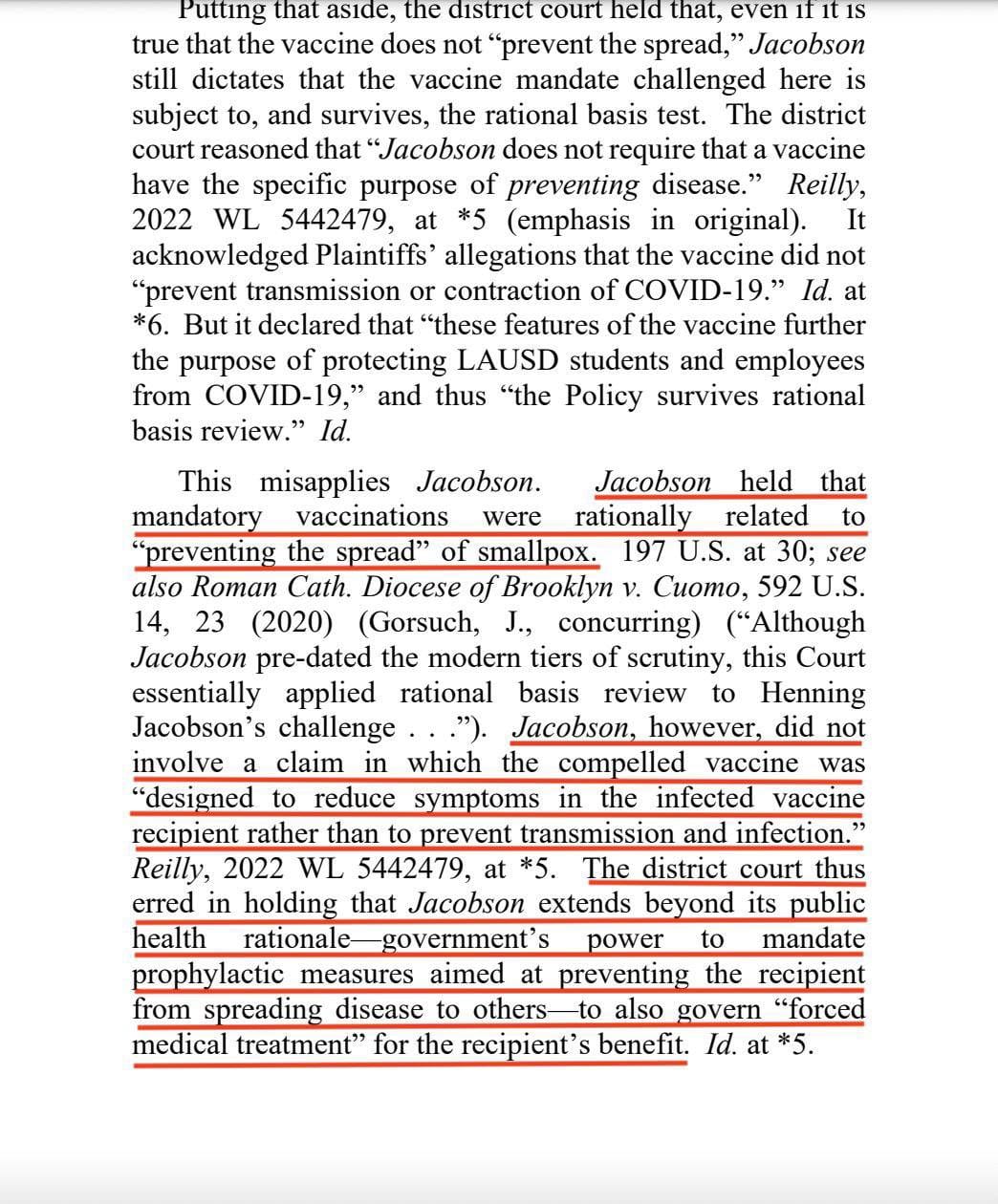Court Ruling: mRNA COVID-19 Vaccines Not Vaccines Under Traditional Medical Definitions
In a landmark decision that could have far-reaching implications for the pharmaceutical industry and public health policy, the 9th Circuit Court of Appeals has ruled that mRNA COVID-19 vaccines developed by Pfizer and Moderna do not meet traditional medical definitions of vaccines. The court's decision was based on
In a landmark decision that could have far-reaching implications for the pharmaceutical industry and public health policy, the 9th Circuit Court of Appeals has ruled that mRNA COVID-19 vaccines developed by Pfizer and Moderna do not meet traditional medical definitions of vaccines. The court's decision was based on the vaccines' primary design to reduce symptoms and prevent hospitalization, rather than to prevent the transmission of COVID-19.
The ruling came in a contentious case involving the Health Freedom Defense Fund and other plaintiffs versus the Los Angeles Unified School District (LAUSD). The court declared that mRNA COVID-19 injections do not qualify as vaccines under traditional medical definitions.

This ruling opens the door to potential legal recourse for individuals who have suffered harm from these vaccines. It also raises questions about the efficacy and safety of the mRNA COVID-19 vaccines, which have been widely administered worldwide.
The pharmaceutical companies involved, Pfizer and Moderna, have yet to comment on the ruling. However, legal experts suggest that this decision could lead to a wave of lawsuits against these companies.
The implications of this ruling are significant. It challenges the widespread use of mRNA COVID-19 vaccines and could potentially lead to changes in public health policies and vaccine development. It also underscores the importance of clear definitions and standards in the medical and pharmaceutical fields.




